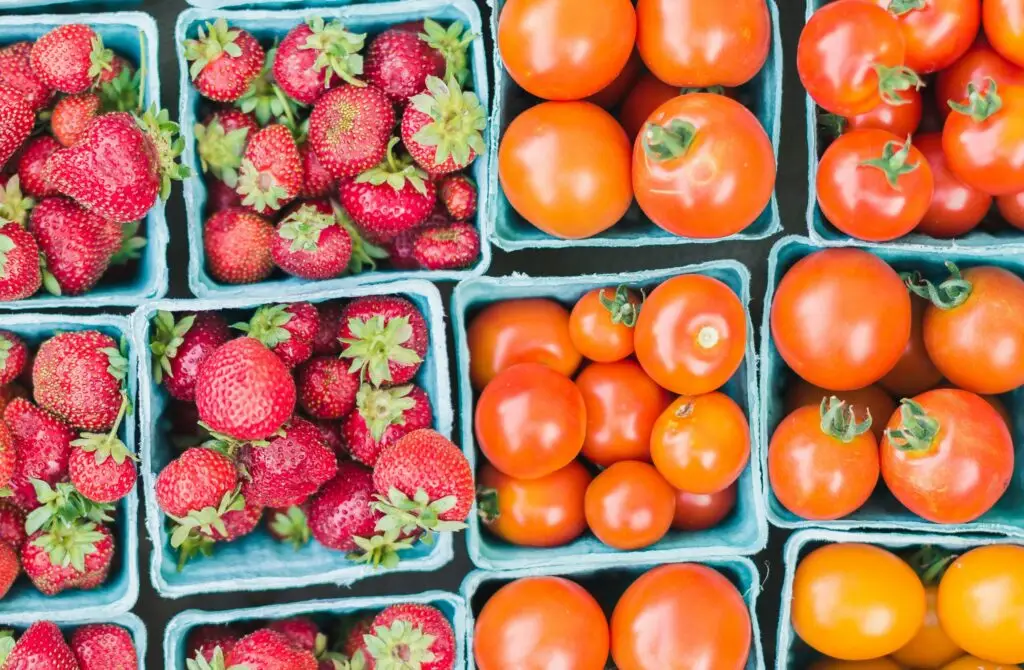This article has been written by Alicia Jordan, a partner of the Alabama Farm to ECE Coalition. Alicia is a dedicated small farmer with a passion for sustainable agriculture and community engagement. As the owner of Boots on the Farm Consulting, LLC, she combines her background as a former early childhood education teacher with her love for the land to nurture growth in both crops and young minds.
Farmers markets are wonderful places to find fresh, local produce and unique products while supporting local farmers and businesses. For educators, parents, and children, they also offer a fantastic opportunity for learning and fun. Here’s an introduction to farmers markets, what to expect, and some basic guidance for first-time visitors, including tips for visiting markets with kids.
What to Expect
Variety of Vendors
Farmers markets typically have a diverse range of vendors selling fruits, vegetables, baked goods, dairy products, meats, flowers, and crafts. Each vendor usually specializes in specific products, often sourced directly from their farms or workshops.
Seasonal Produce
The selection changes with the seasons. You’ll find different fruits and vegetables available depending on the time of year. This makes each visit unique and allows you to introduce your children to seasonal eating.
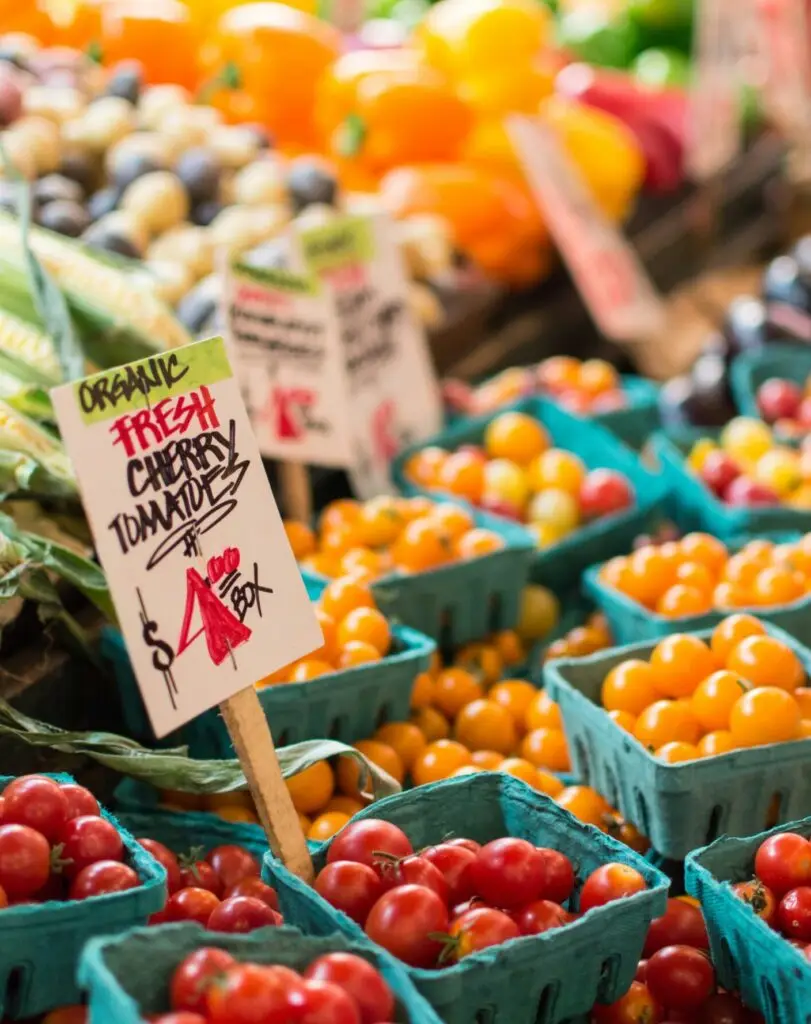
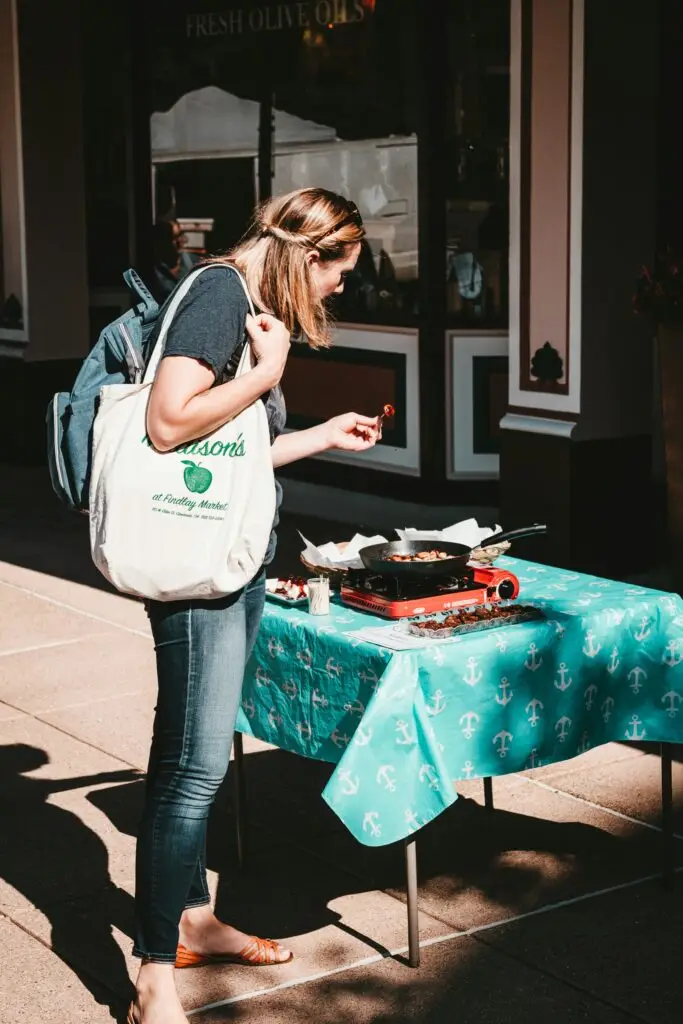
Interactive Environment
Markets are bustling with activity, from live music to cooking demonstrations. Many markets also have special events like kids’ days, workshops, and tastings.
Community Atmosphere
Farmers markets are community hubs. They provide a space where people can connect, learn about local agriculture, and support small businesses.
Tips for First-Time Visitors
Before You Go:
Research the Market
Check the market’s website or social media pages for hours of operation, vendor lists, and any special events. Some markets are open year-round, while others are seasonal.
Bring Reusable Bags
Carry reusable shopping bags and containers to reduce waste and make carrying your purchases easier. Some vendors may also appreciate it if you bring your own containers for items like berries or loose greens.
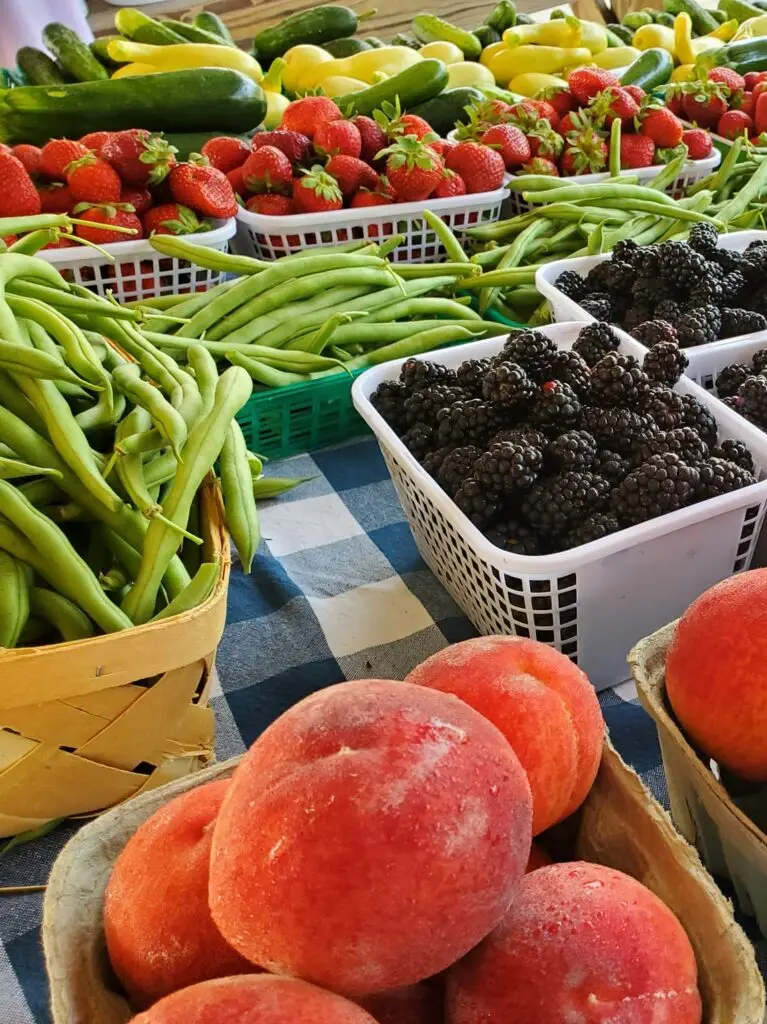

Prepare Your Form of Payment: Cash and/or Card
While many vendors now accept cards, it’s a good idea to bring cash, especially smaller bills. This can speed up transactions and help vendors who might prefer cash.
Dress Comfortably
Wear comfortable clothing and shoes, as you’ll likely be walking and standing for a while. A hat and sunscreen are good ideas if it’s a sunny day.
At the Market
Arrive Early (or Late!)
Arriving early gives you the best selection of fresh produce, while arriving later may offer end-of-day discounts. Choose based on your priorities.
Explore Before Buying
Walk through the entire market first to see what’s available and compare prices and quality. This helps you make informed choices and find the best deals.
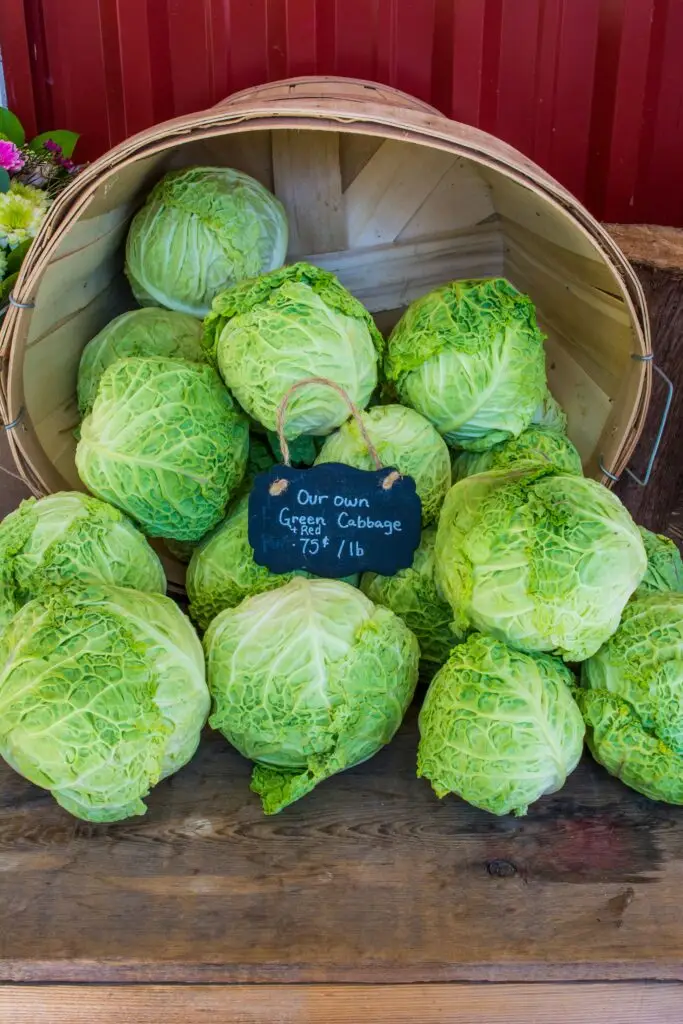
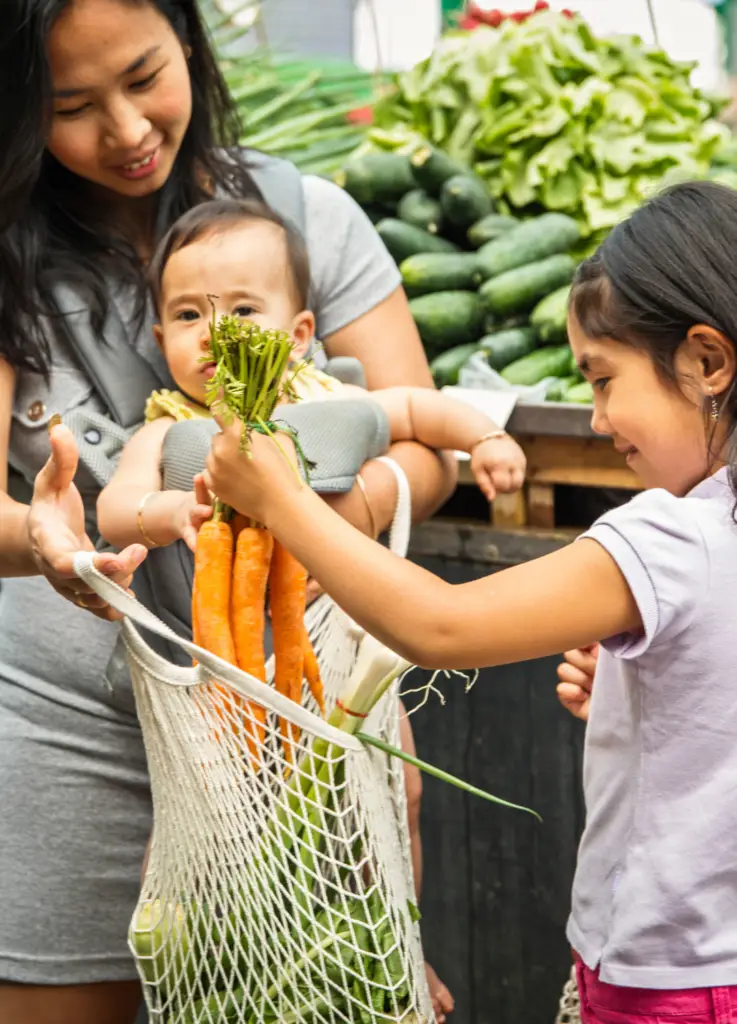
Talk to the Vendors
Don’t be shy about asking questions. Vendors can offer cooking tips, storage advice, and information about how their products are grown or made. This can be a great learning opportunity for kids.
Let Kids Help
Involve your children in the shopping process. Let them pick out fruits and vegetables, ask questions, and learn about where their food comes from. Some markets have special activities or scavenger hunts for kids.
Enjoying the Experience
Snack as You Go
Many markets have vendors selling ready-to-eat snacks and meals. Enjoy a fresh pastry, smoothie, or other treat as you shop.
Plan for Fun
Take advantage of any entertainment or activities. Live music, face painting, and cooking demonstrations can make the trip more enjoyable for children and adults alike.
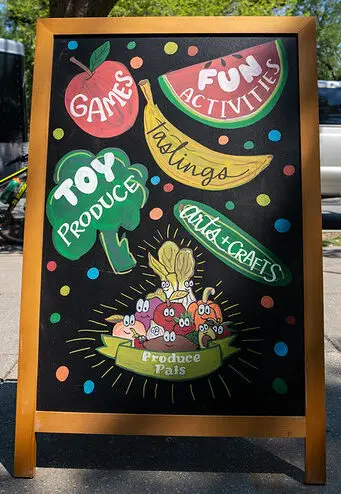
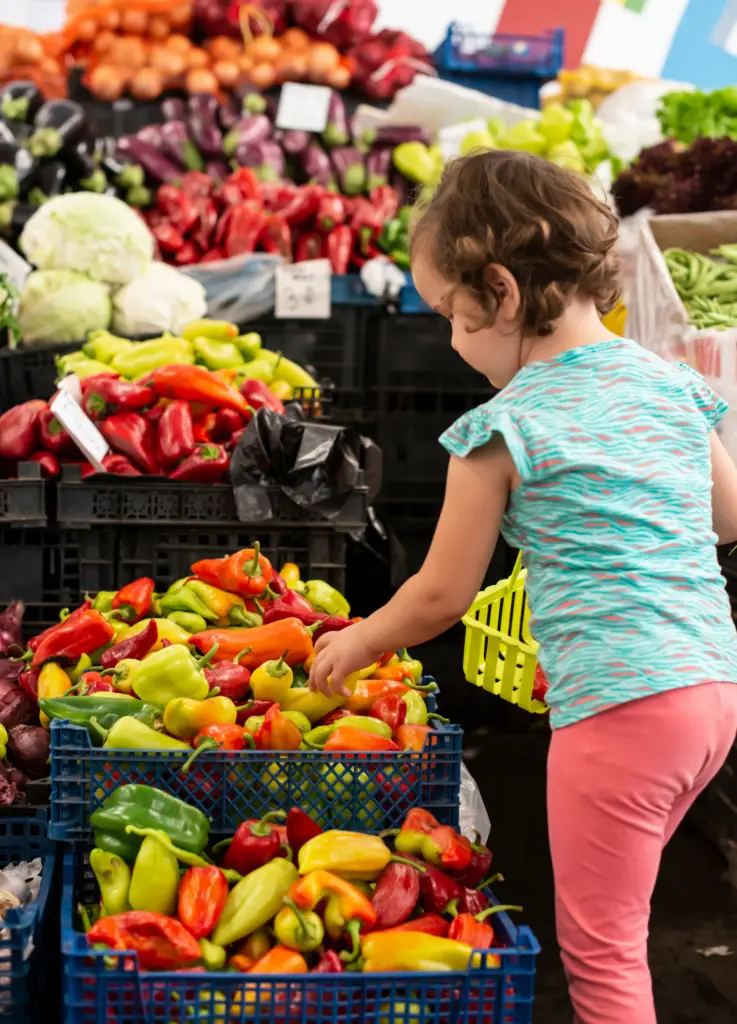
Bring a Cooler
If you plan to buy perishable items like meat, dairy, or fish, bringing a cooler can help keep these items fresh until you get home.
Teach Kids About What’s in Season
Use the market as an opportunity to teach children about seasonal produce and the importance of eating foods that are in season.
After the Market
Store Produce Properly
Once you get home, store your produce correctly to ensure it stays fresh. Ask vendors for tips on the best way to store their products.
Cook Together
Use your farmers market finds to cook a meal or snack together! This reinforces what kids learned at the market and makes the experience even more rewarding.

Reflect and Plan
Talk with children about what they enjoyed and what they learned at the farmers market. Plan your next visit based on what you discovered together.
Farmers markets are not just places to buy food; they are vibrant, educational environments where people can connect with their community and learn about local agriculture. By following these tips, you and your children can make the most of your farmers market experience.
